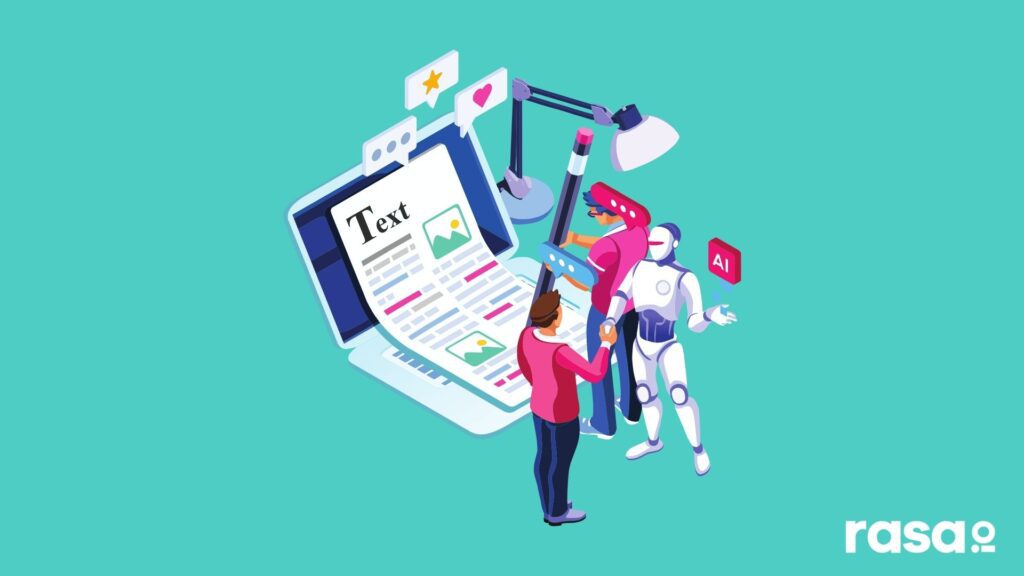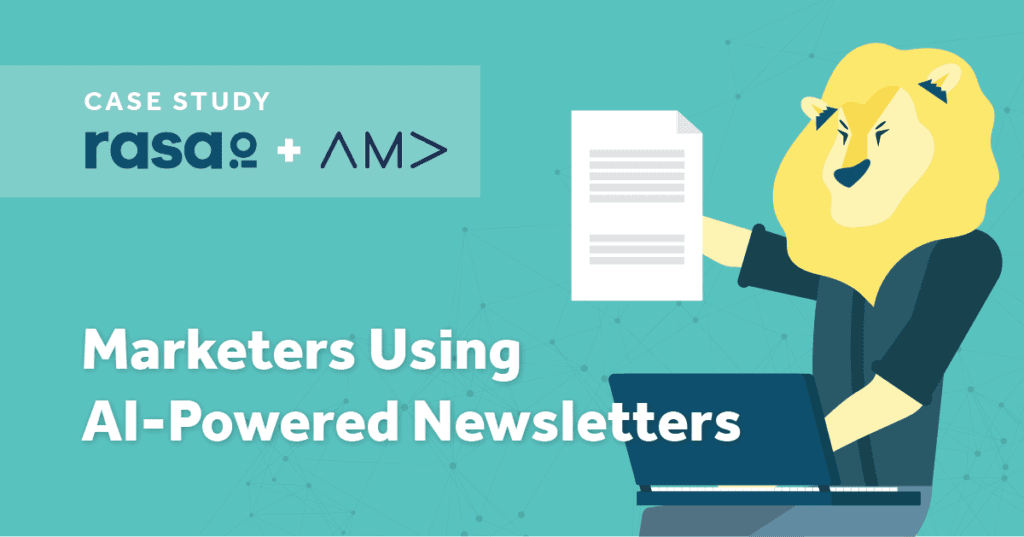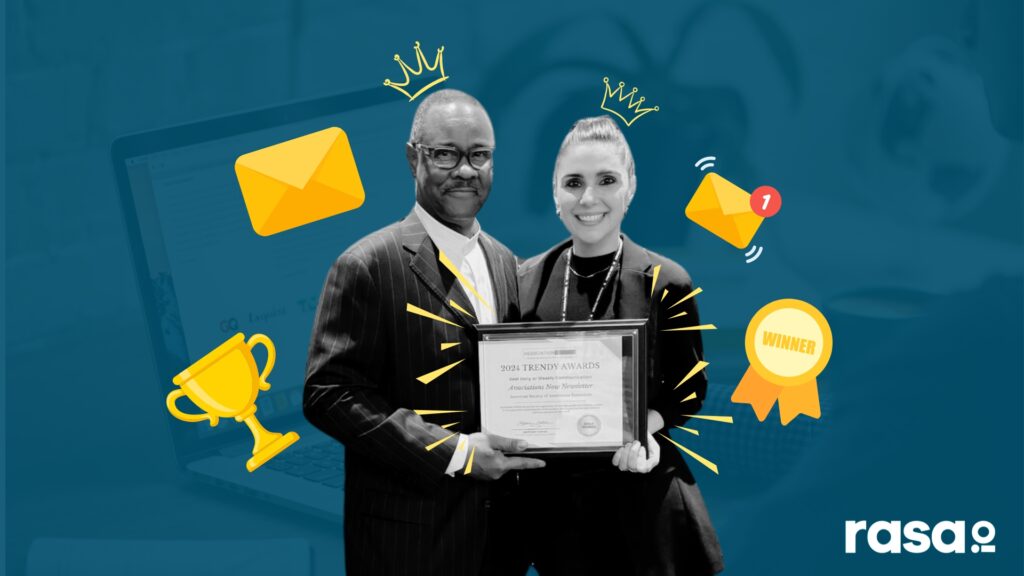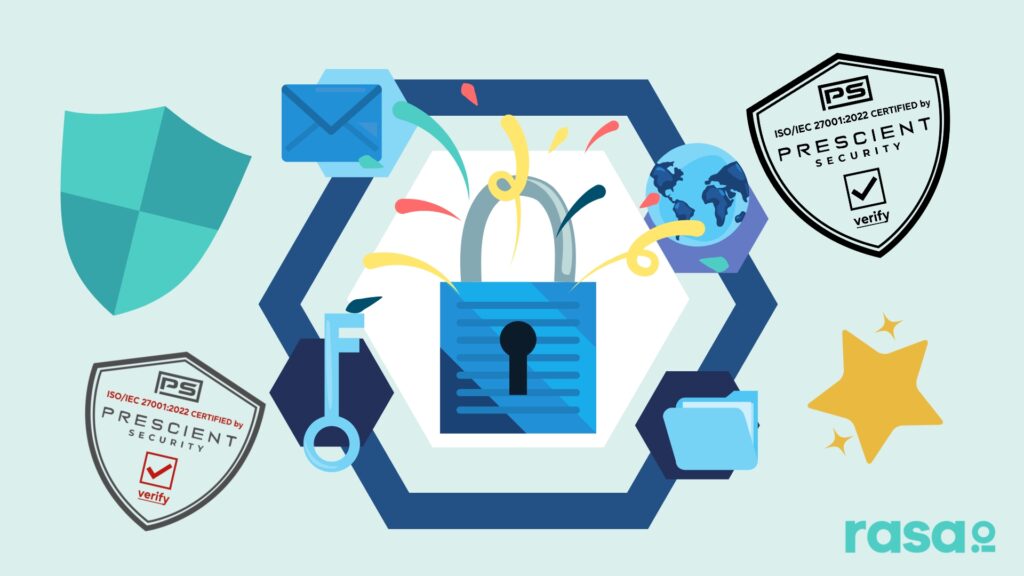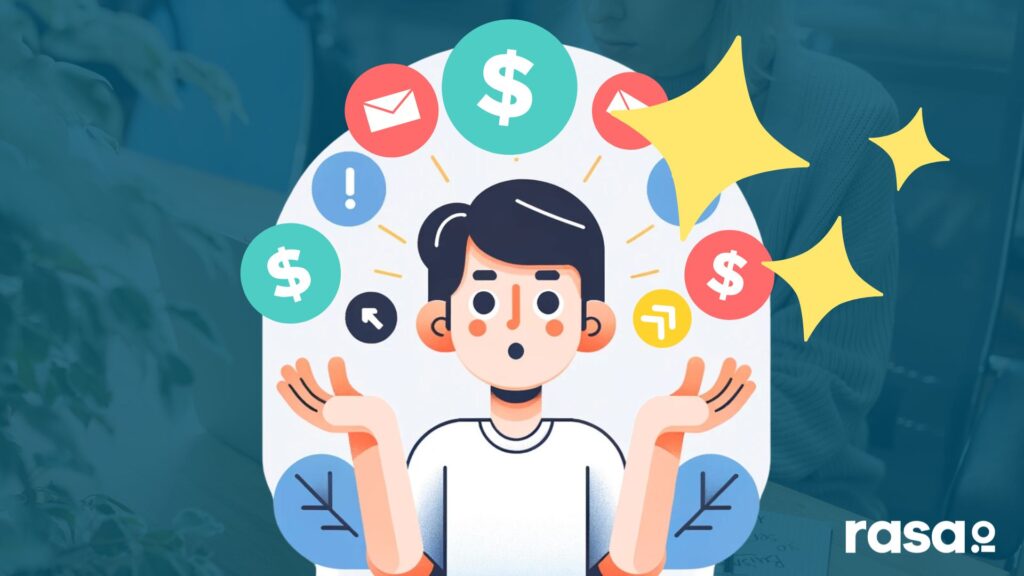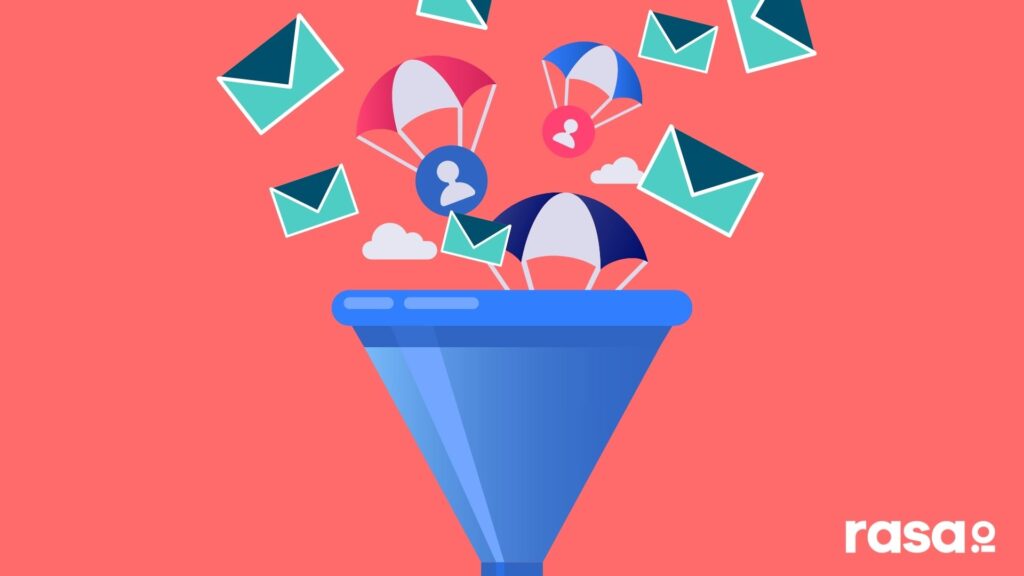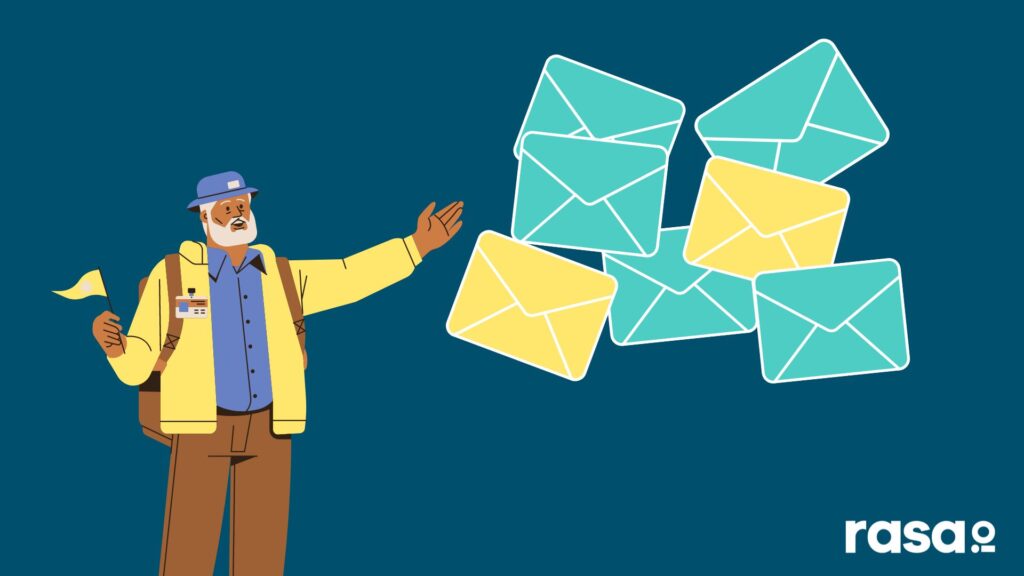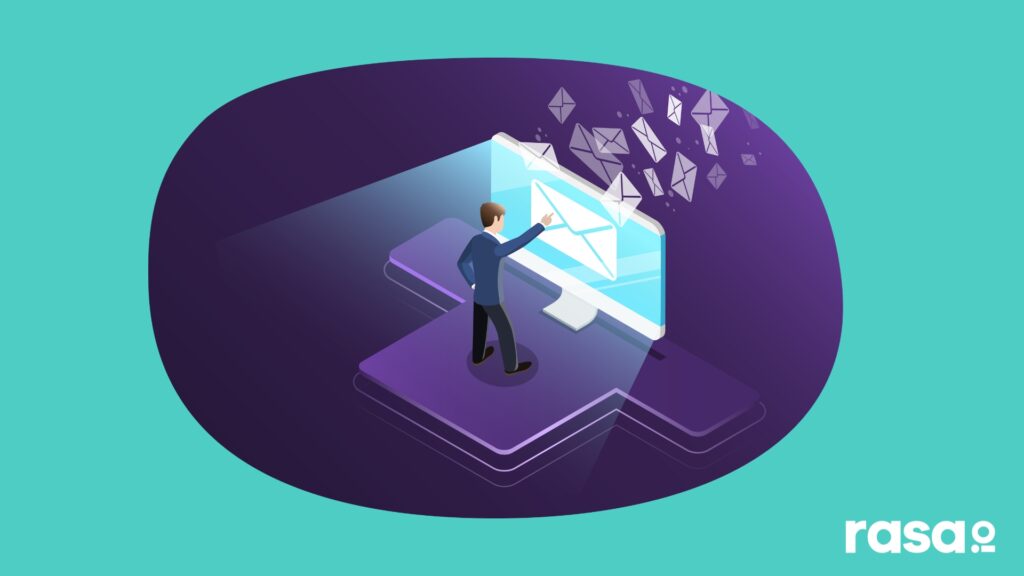“If only I didn’t have so much work on my plate, if only there were more hours in the day, if only we could do…”
We’re entering an era when many of our perennial “if only” wishes are going to start coming true. Organizations are taking on tasks they never thought possible and getting results they never imagined. They’re not working harder or longer to get more done, in fact, they have more time now to dedicate to more rewarding work.
They’re working differently. They’re letting technology and data do the heavy-lifting for them so they can focus on more strategic work—the work that requires wisdom and experience.
Success story: the wisdom in people combined with the intelligence in data
In the Houston Astros office, the nerd cave is as essential to the team’s success as the dugout. It’s here that Sig Mejdal, director of decision sciences, and his analytics team finessed the evaluation system and decision tree that eventually helped the Astros win the World Series in 2017.
It might sound like another Moneyball story—when the Oakland A’s used sabermetrics player analysis to outplay teams with deeper pockets—but Mejdal takes issue with the comparison.
“For all the wonders that the book did, the portrayal was a dichotomous one. It’s either the scouts or the nerd in the corner of the room. But from the very beginning…, Jeff [Luhnow, Astros general manager] framed it as an ‘and’ question. The question was not which one to use, but how to combine them.”
“If only I didn’t have so much work on my plate, if only there were more hours in the day, if only we could do…”
We’re entering an era when many of our perennial “if only” wishes are going to start coming true. Organizations are taking on tasks they never thought possible and getting results they never imagined. They’re not working harder or longer to get more done, in fact, they have more time now to dedicate to more rewarding work.
They’re working differently. They’re letting technology and data do the heavy-lifting for them so they can focus on more strategic work—the work that requires wisdom and experience.
Success story: the wisdom in people combined with the intelligence in data
In the Houston Astros office, the nerd cave is as essential to the team’s success as the dugout. It’s here that Sig Mejdal, director of decision sciences, and his analytics team finessed the evaluation system and decision tree that eventually helped the Astros win the World Series in 2017.
It might sound like another Moneyball story—when the Oakland A’s used sabermetrics player analysis to outplay teams with deeper pockets—but Mejdal takes issue with the comparison.
“For all the wonders that the book did, the portrayal was a dichotomous one. It’s either the scouts or the nerd in the corner of the room. But from the very beginning…, Jeff [Luhnow, Astros general manager] framed it as an ‘and’ question. The question was not which one to use, but how to combine them.”
The Astros combine the work of the scouts and the nerds, the people and the data. “They’re not asking us to be sabermetricians,” said Ralph Bratton, an Astros scout for the last 25 years. “They’re asking us to do what we’ve always done.” The team got to the Series because they learned how to combine the wisdom of their scouts with the intelligence found in their data.
Artificial Intelligence (AI) is taking the analytics of the nerd cave to a new level. MLB Advanced Media has developed a tool that uses deep learning, a type of AI, to track the movements of players and balls throughout a game. With the help of this tool, coaches will be able to make predictions about player performance and plan strategy. In the process, these coaches will also learn a new skill: freestyling.
The in-demand skill of the future: freestyling
When you combine the strengths of both AI and humans, the collaborative potential is limitless. But you have to know how to collaborate with AI. You have to know how to freestyle: to work alongside AI and robots.
The term ‘freestyling’ was inspired by freestyle chess: a competition that allows any combination of human and computer chess players to compete. Chess grandmaster Garry Kasparov described an upset victory he witnessed in a freestyle competition:
“The winner was revealed to be not a grandmaster with a state-of-the-art PC but a pair of amateur American chess players using three computers at the same time. Their skill at manipulating and “coaching” their computers to look very deeply into positions effectively counteracted the superior chess understanding of their grandmaster opponents and the greater computational power of other participants… Human strategic guidance combined with the tactical acuity of a computer was overwhelming.”
Futurist Stowe Boyd, who identified freestyling as one of the most essential work skills of the future, said:
“We have to learn to dance with the robots…We will have to balance their strengths and blind spots, just as we do with people, and as programs grow even more capable, we will have to learn when to stand to the side when it is time for the algorithms to take the next step, make the next move, or to decide who to hire or fire.”
In associations, AI’s current role is to handle tasks that would be impossible for staff to do themselves—the “if only” projects you wish you had the staff time to do. For example, AI-powered software, like rasa.io, does all the arduous work of analyzing data and creating personalized newsletters for each individual member.
AI takes over laborious tasks and frees up staff time for more strategic work. But, in the future, AI will empower associations to fulfill their mission in ways we can’t even yet imagine. As technology evolves, every association office will be full of AI coworkers. In many industries, this type of human + AI partnership is already making a positive impact.
We’re in the golden age of AI-enhanced productivity
Doom and gloom headlines make it seem as if everyone is worried about AI taking over their job. In reality, many industries are eager to put AI to work because they’ve seen how it’s already helping professionals around the world do their jobs better.
“It’s a myth that AI will take the place of the internal auditor,” said Richard Chambers, CEO of the Institute of Internal Auditors. “I see AI as an enabler. It enables the auditor to be more efficient and effective in addressing the problems of the organization.”
AI can sort through huge amounts of data to uncover problems quickly, but it takes a human to understand the issue, find out why the problem occurred, and determine how to prevent it from reoccurring. The auditing team of the future will be a mix of machines and people working side by side.
Nurses and doctors in the UK’s National Health Service rely on AI applications to instantly analyze test results, determine treatment plans, and notify them when a patient’s condition deteriorates. Nurses say the AI-powered tools are saving them more than two hours each day—time they can spend with patients who need them most.
In many organizations, AI-powered chatbots already handle common customer service inquiries (“the easy questions”) freeing up the time of support professionals so they can handle more complex cases.
“We are living in the golden age of AI-enhanced productivity,” said a recent Wired article. “Machines take over the thankless tasks that were, until recently, too complex to be automated, and humans get to immerse themselves in the most creative and rewarding aspects of their jobs.”
Imagine what you and your association could accomplish if you could delegate laborious or impossible tasks to an AI coworker. Make your wish list now because for many tasks, like creating a personalized daily email with stories and news that match each member’s interests, that day is already here. Let us demonstrate rasa.io for you and you’ll see what I mean.
If your association serves an industry where AI is already making an impact, you already know how it’s changing the lives of your members and their organizations. Hone your freestyling skills and start making your wish list because AI is going to make a difference in the association industry too.





